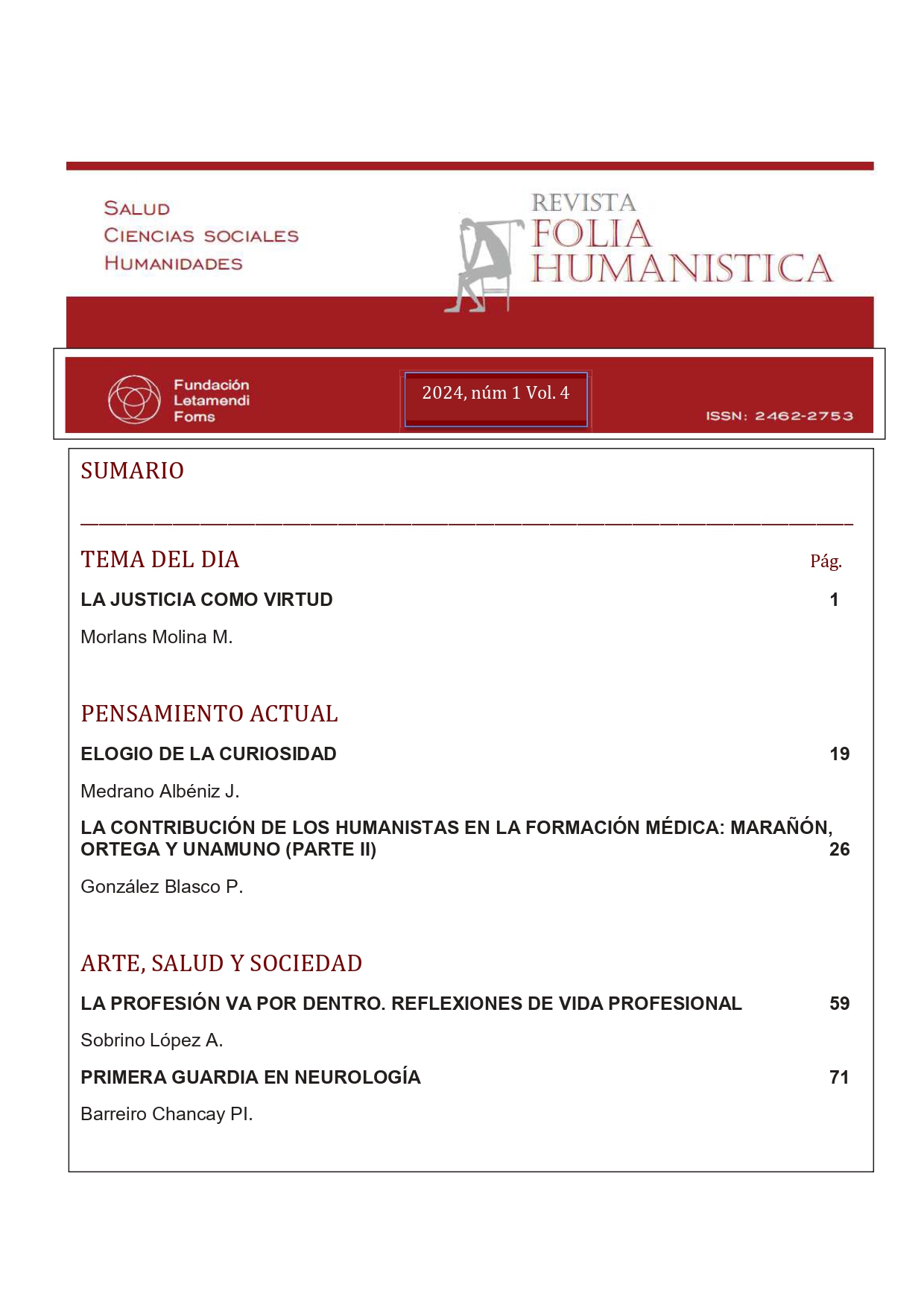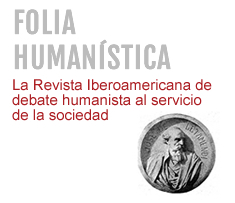Elogio de la curiosidad
DOI:
https://doi.org/10.30860/0107Keywords:
Enantiosemy, Curiosity, Uncertainty aversionAbstract
Enantiosemy, also known as autoantonymy, is described as the phenomenon whereby a word has opposite meanings, such as "rent" or "sanction." "Curiosity" is another example, as it can mean both positive and productive interest as well as negative intrusion. Curiosity can lead to imprudent actions, a phenomenon called the "Pandora Effect," as demonstrated by psychologists Hsee and Ruan. In their study, they showed that uncertainty increases the tendency to explore, even if negative consequences are anticipated. This reflects our need to reduce uncertainty, which can be evolutionarily beneficial but also dangerous effects. Curiosity has moral aspects, as highlighted by the work of Bortolotti and Murphy-Hollies, who suggest that social curiosity, based on care, can improve understanding and communication between people. Fostering this type of curiosity can be beneficial, helping us to avoid negative risks and promoting more just and effective interaction.
References
Bezos J. Enantiosemia: palabras que significan una cosa y la contraria. Fundeu [Internet]. 1 de junio 2018. Disponible en: https://www.fundeu.es/blog/enantiosemia-palabras-que-significan-una-cosa-y-la-contraria/
Rubio Hancock J. 19 autoantónimos: palabras que significan una cosa y la contraria. Verne, El País [Internet]. 30 de agosto 2016. Disponible en: https://verne.elpais.com/verne/2016/08/23/articulo/1471965781_732292.html
Hsee CK, Ruan B. The Pandora Effect: The Power and Peril of Curiosity. Psychological Science. 2016; 27(5): 659-666. Disponible en: https://doi.org/10.1177/0956797616631733
Brotherton R. Suspicious Minds: Why We Believe Conspiracy Theories. London: Blomsbury; 2015.
Bortolotti L, Murphy-Hollies K. Why We Should Be Curious about Each Other. Philosophies. 2023; 8(4): 71. Disponible en: https://doi.org/10.3390/philosophies8040071
Downloads
Published
How to Cite
Issue
Section
License
Copyright (c) 2024 prueba

This work is licensed under a Creative Commons Attribution-NonCommercial-ShareAlike 4.0 International License.
La Revista Folia Humanística se adhiere a Creative Common en la modalidad: Reconocimiento – NoComercial – CompartirIgual (by-nc-sa): No se permite un uso comercial de la obra original ni de las posibles obras derivadas, la distribución de las cuales se debe hacer con una licencia igual a la que regula la obra original.








